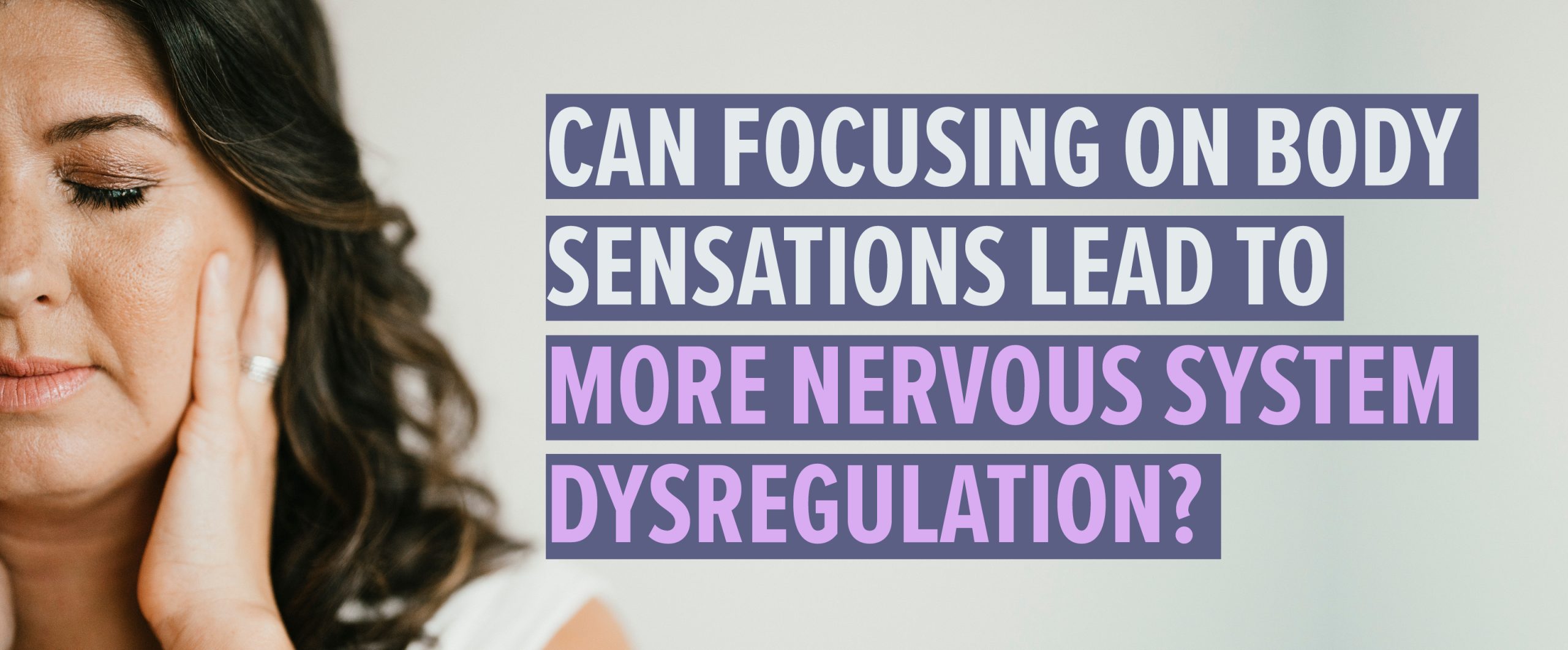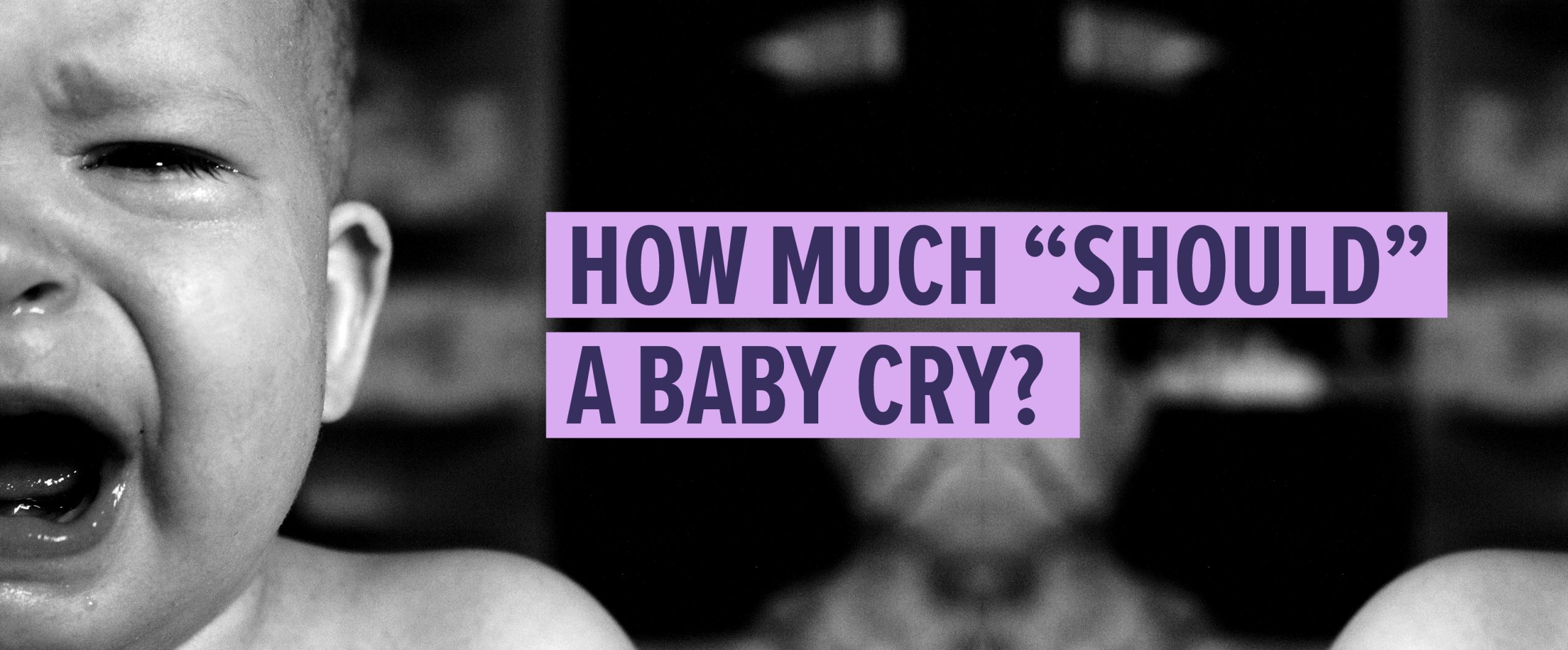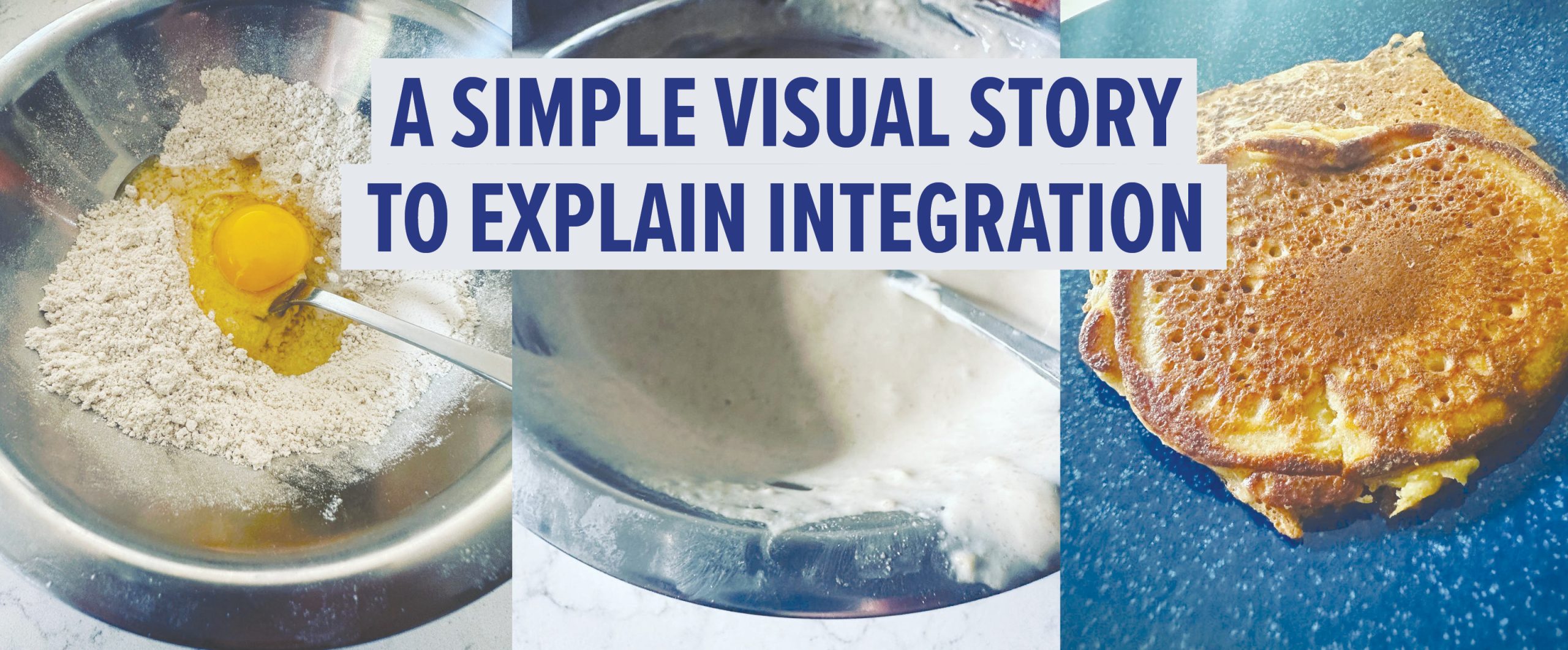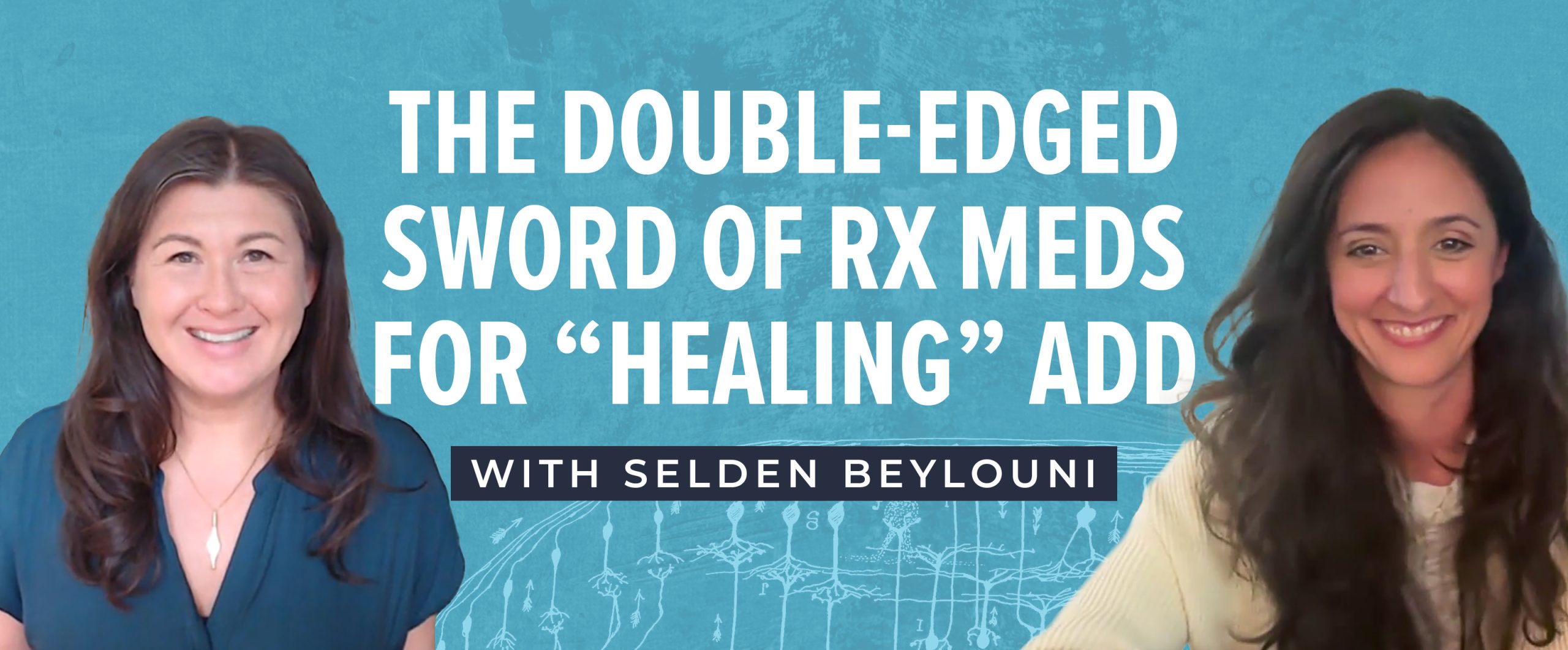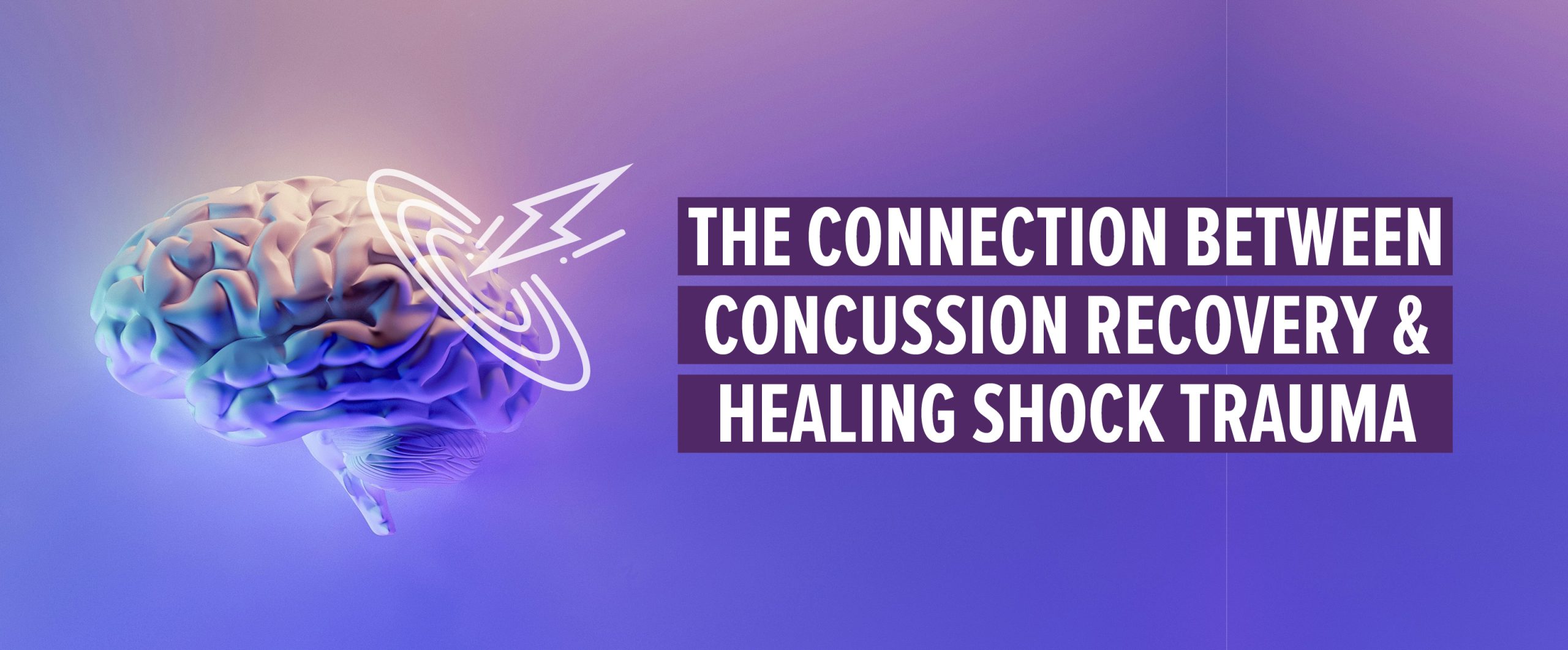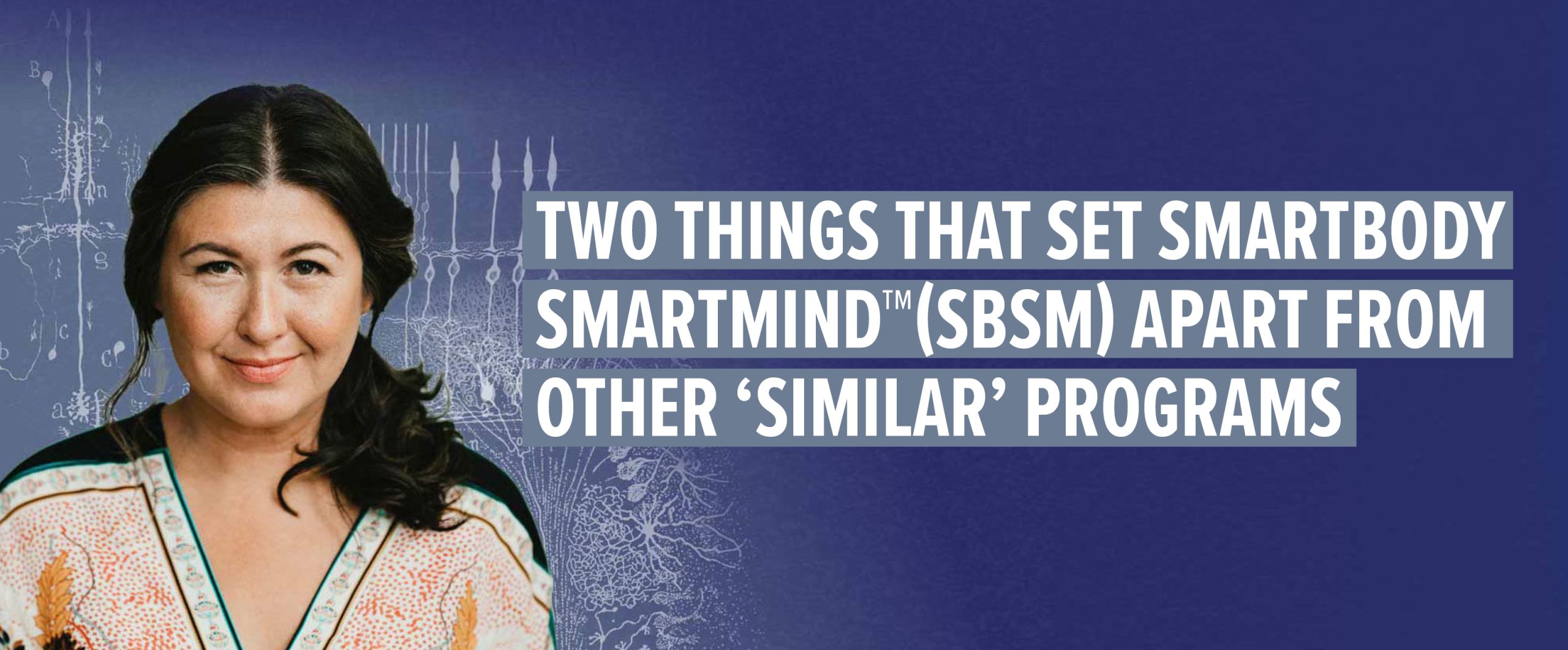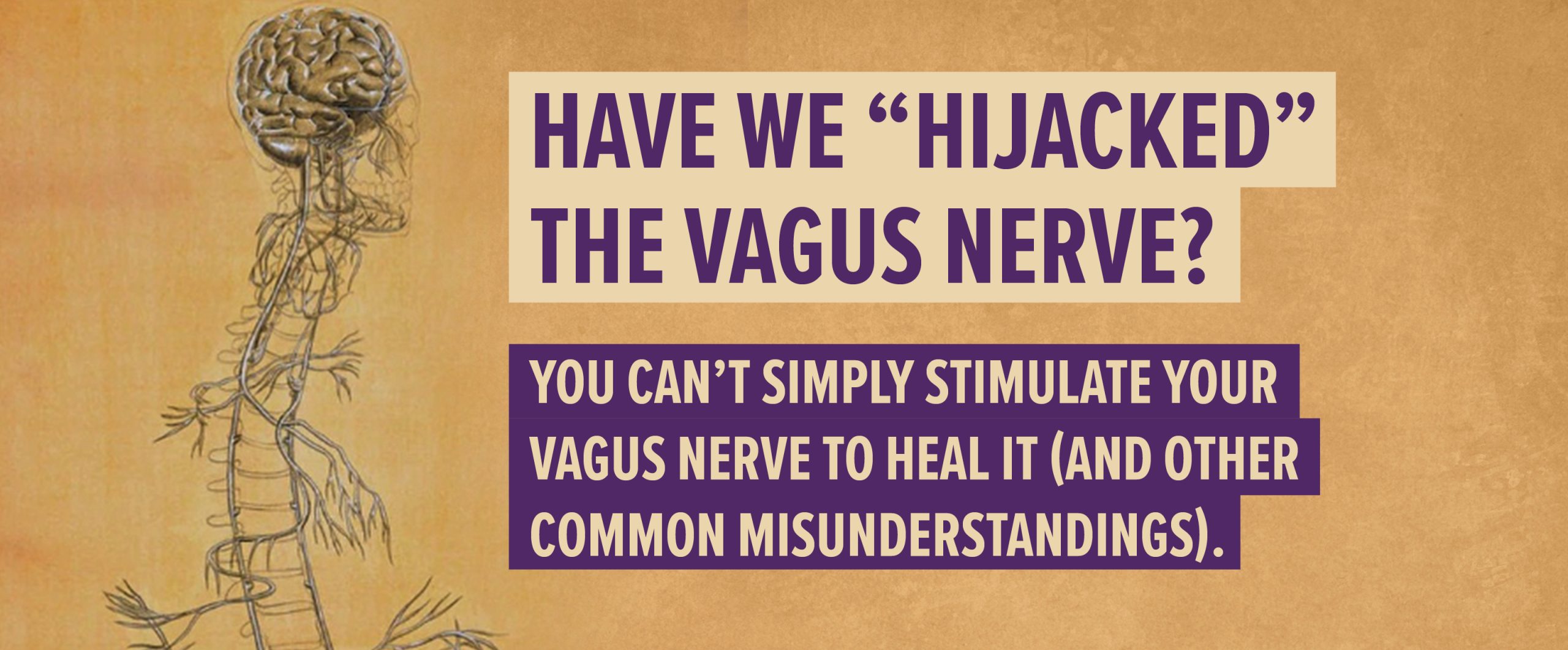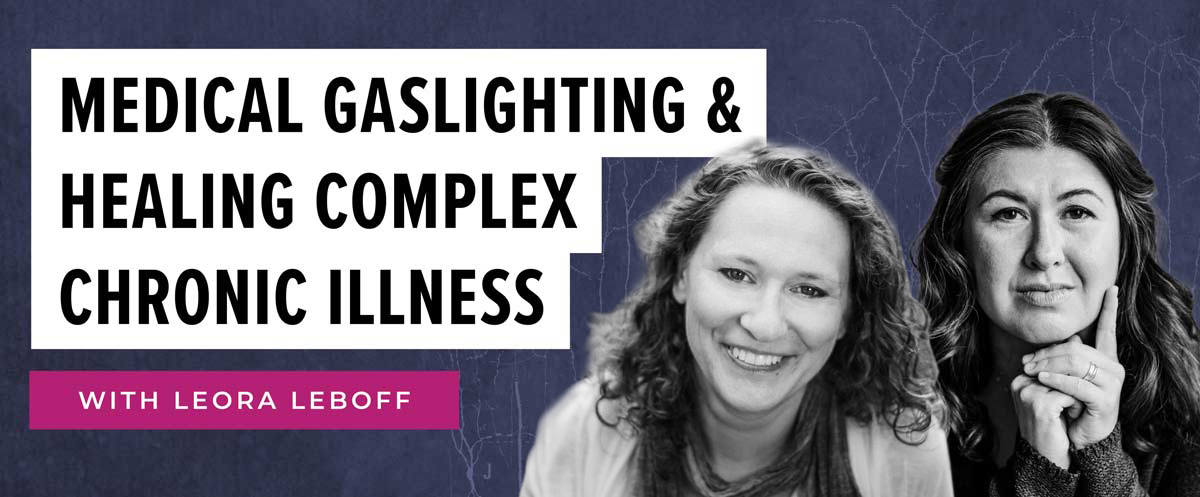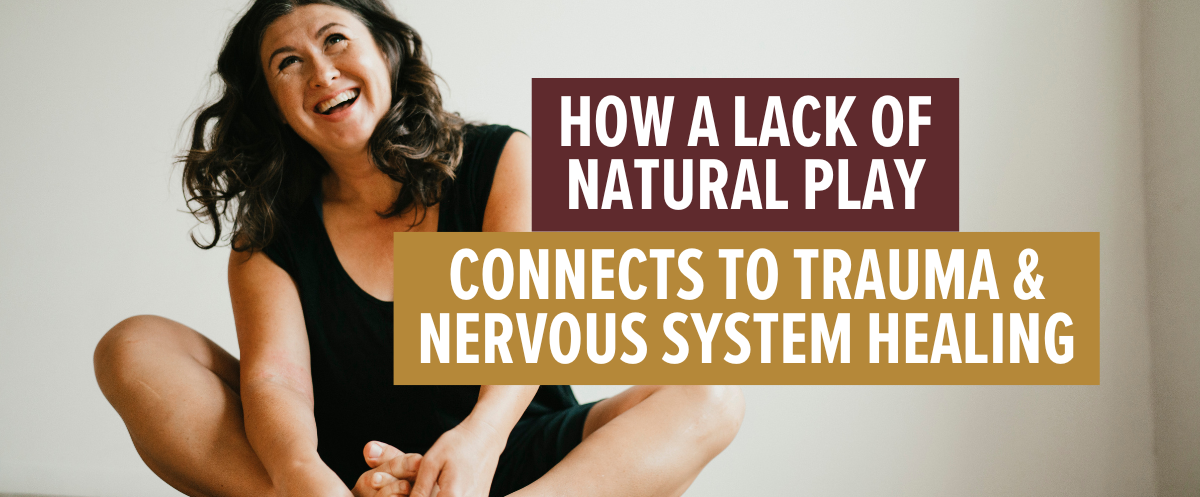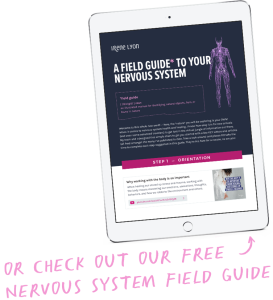
I’ve been seeing a trend… whenever I post anything around children being mistreated or adult chronic illness that sets in due to this mistreatment, people perk up and share those posts. Posts like:
- Anger as Medicine: How to Cure Self-Sabotaging Behaviours
- An Epidemic of Chronic Illness: How Stress, Trauma & Adversity Early in Life Impacts Our Capacity to Heal
- Anger is Essential… Here’s Why
I think I might know why, and I wanted to share this finding with you.
I’m reading a book right now, Trust Me I’m Lying – Confessions of a Media Manipulator, that dissects what makes something go viral. More often than not, when something goes viral, it’s often due to emotion. In his book, Ryan Holiday writes:
“The angrier an article makes the reader, the better. But happy works, too. The researchers found that while sadness is an extreme emotion, it is a wholly un-viral one. Sadness, like what one might feel to see a stray dog shivering for warmth or a homeless man begging for money, is typically a low-arousal emotion. Sadness depresses our impulse for social sharing.”
***
I think it is pretty obvious that, for what I teach and share, it’s pretty tough to put a happy-go-lucky twist on it.
So, anger it is. 🙂
The stark truth of early childhood stress being statistically and significantly connected with pretty much all chronic illness, both mental and physical, is grounds for some healthy anger, I think.
I mean, why wouldn’t this tick us off a little bit, right?
It feels unfair that a human being’s health is determined at a time in their life when they are 100% helpless and dependent on someone else, and, an infant, child, and even teenager, really doesn’t have the opportunity to say:
“Please, can I have another person to take care of me? If not, I’m out of here!”
(Teenagers are interesting though — the attitude and stress they historically give parents, I think, are the energies of, “Get me out of here – I don’t like this!”, which are finally being expressed as they grow more autonomy and independence. We see this as a negative thing – but in many ways they are expressing the frustration that is bubbling away under years of shutdown and repression. From my anecdotal findings in my private practice, it always seems like the siblings who were bad and more reckless come out with less physical and mental upset, whereas the child, usually my client, who did “all the right things” and was “good” is in my office. Bottom line here I guess — when that kid of yours is being a bit mischievous … clearly make sure they are staying and playing safe … but be glad they have this internal life force energy to defy a bit and challenge the status quo.)
When adults who are unwell learn that their current life struggles are most likely due to their early years, and never having grown a solid autonomic nervous system, there is a strong undeniable mix of sadness and anger that surfaces.
They know they can’t turn back the clock and start over, and to heal means to rewire and re-learn all that was never learned in the first place. Once the sadness to this stark truth settles in and is felt – what’s left? Anger.
And there is every right to be angry.
But, I’ve said it before and I’ll say it again because I want to provide a fleck of optimism here — rewiring our nervous system in our adult years is what can make a real difference and the younger we do it, the better.
A little while ago, I shared a talk that one of my medical heroes, Dr. Gabor Maté, did on The Need For Authenticity.
Be sure to watch this as he is clever at putting some humorous twists to this rather bleak topic.
Oh, and I must not forget …
One of the more important elements in his talk is the connection between repressed emotion, specifically anger, and chronic illness: meaning, when we hold back anger, we get sick.
Here’s to anger, allowing it to be felt and expressed and the healing that’ll come from this.

